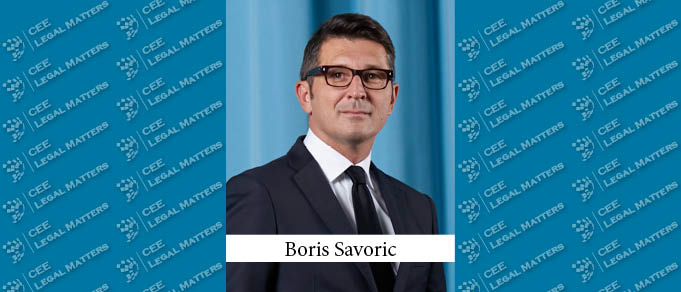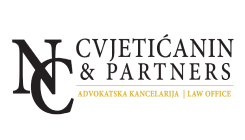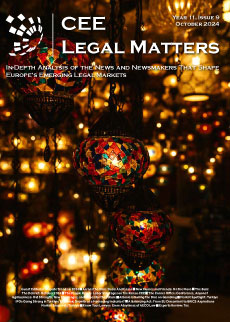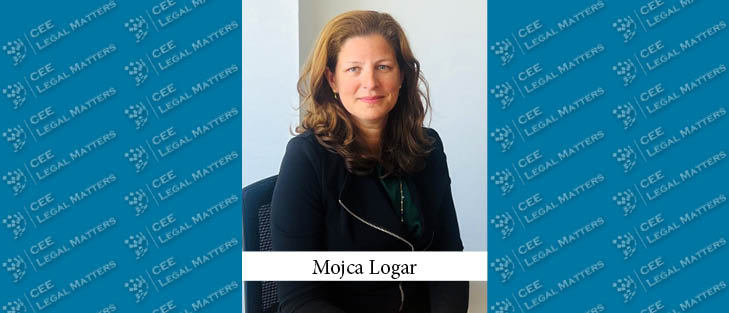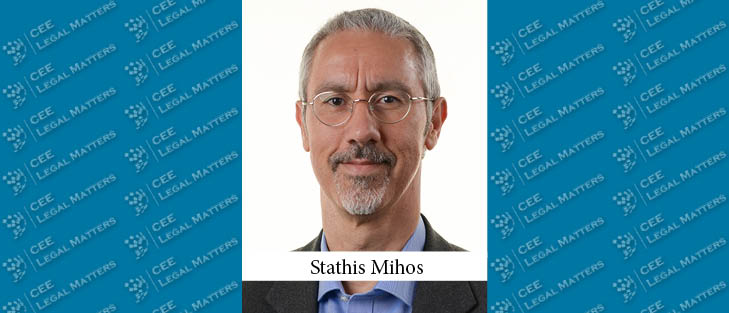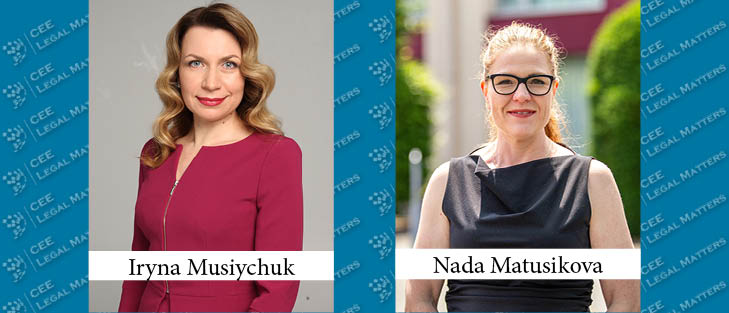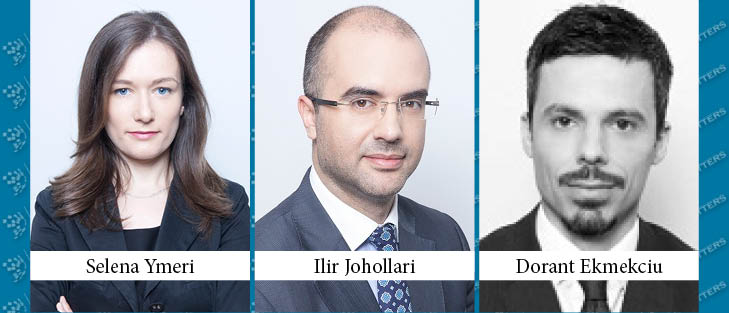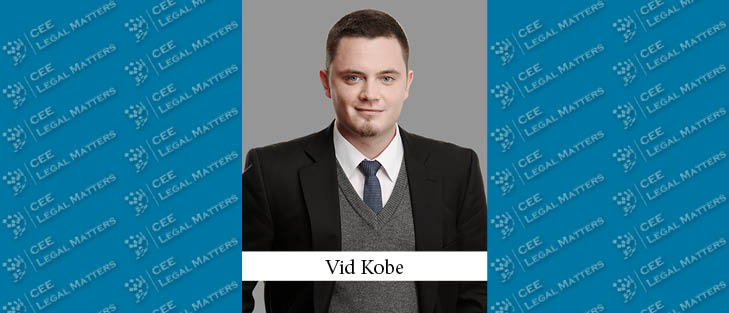“What do you call 10,000 lawyers at the bottom of the sea? A good start.” This popular joke underlines the low public perception of lawyers that remains common in today’s society. Although distrust toward lawyers has always existed, frivolous lawsuits, rising billing rates, and thrilling reports of lawyers behaving badly in the news do little to improve the public image of attorneys, especially in CEE.
I will turn 50 this year, and I have been practicing law since 1994. A career in law is one of the most-coveted professions, and it certainly can bring many rewards and benefits to those who pursue and love it. However, working as an attorney has some shortcomings as well, especially in Croatia and the CEE region. It is not all exciting billion-euro deals, grateful clients, and telenovela courtroom drama. Becoming a lawyer – or, better to say, a practicing attorney – requires traveling down a long educational road.
Deadlines, billing pressures, deadlines, client demands, long hours, more deadlines, changing practice areas, and other requests combine to made being a practicing attorney one of the most stressful jobs in the world. Today is not so different from when I began my career 26 years ago. Lawyers work longer and harder – 60-plus-hour weeks are not at all uncommon. The competitive environment has forced lawyers to spend time on client satisfaction and business management activities, in addition to billing hours. The lack of work-life balance is a common result (and it should actually be “life-work balance”).
In my opinion, today’s law students are entering the bleakest economy in decades, and they face one of the bleakest job markets in history. Public universities in Croatia are free of charge, but a large number of jobs have been cut and colleges and law schools are not dialling back on enrollment.
The practice of law is changing drastically, and lawyers no longer have the power and monopoly over the field they did before. From legal document clerks to virtual law offices and self-help legal chats and websites, today’s lawyers face competition from many different kinds of non-lawyer sources. Clients will no longer pay expensive lawyers to perform work that can be accomplished more quickly, cheaply, and efficiently by technology or by some other non-lawyer professionals. How did we get from shouting “Why there is no paper in the fax machine?!” in the office in the early nineties to artificial intelligence?!
Comparing today’s practice to that in the 90s is like night and day. The profession had a much more intimate feel when I started practicing. There was a large degree of fellowship and pride in being an attorney back then, and a much more genteel interconnection. We had limited discovery and paper submissions, and not all lawyers had computers, mobile phones, and other gadgets, so we did not always know what the other side on a deal would do or would present like we do now.
Before, dactylography and touch-typing had a huge part in the legal profession. However, sometimes you could not understand anything in the minutes, because the recording secretary was a bit tipsy, so her fingers were not placed on the “asdf” keys on the keyboard, but instead on “sdfg,” so you needed to decode it once you returned to the office.
Of course, technology has changed the entire world – and, in my opinion, in a positive way. Findings are now much more feasible, legal research that previously took days now can be accomplished in a smaller amount of time, often measurable in hours. Before, only the largest firms had funds for some research projects, but now even the smallest firms do.
After 1995, the legal market began to be regulated completely differently, and a market economy, corporate law, competition regulations, and capital markets appeared in Croatia. My generation was the pioneer of that change, as Socialism and state ownership really had their hands on the law before. That change was challenging – but beautiful.
To conclude, being a lawyer still means being a part of the practice that continues to be a great profession with many great people – both ladies and gentlemen, of all races, ages, and colors. It is a way to help so many people in so many ways.
By Boris Savoric, Senior and Managing Partner, Savoric & Partners
This Article was originally published in Issue 8.5 of the CEE Legal Matters Magazine. If you would like to receive a hard copy of the magazine, you can subscribe here.

